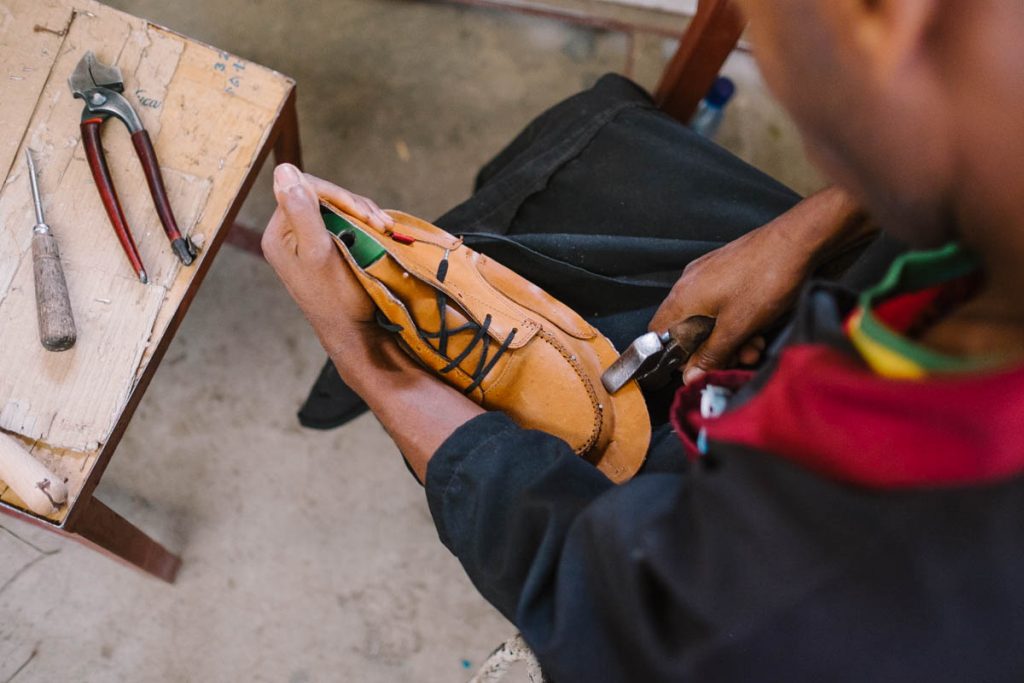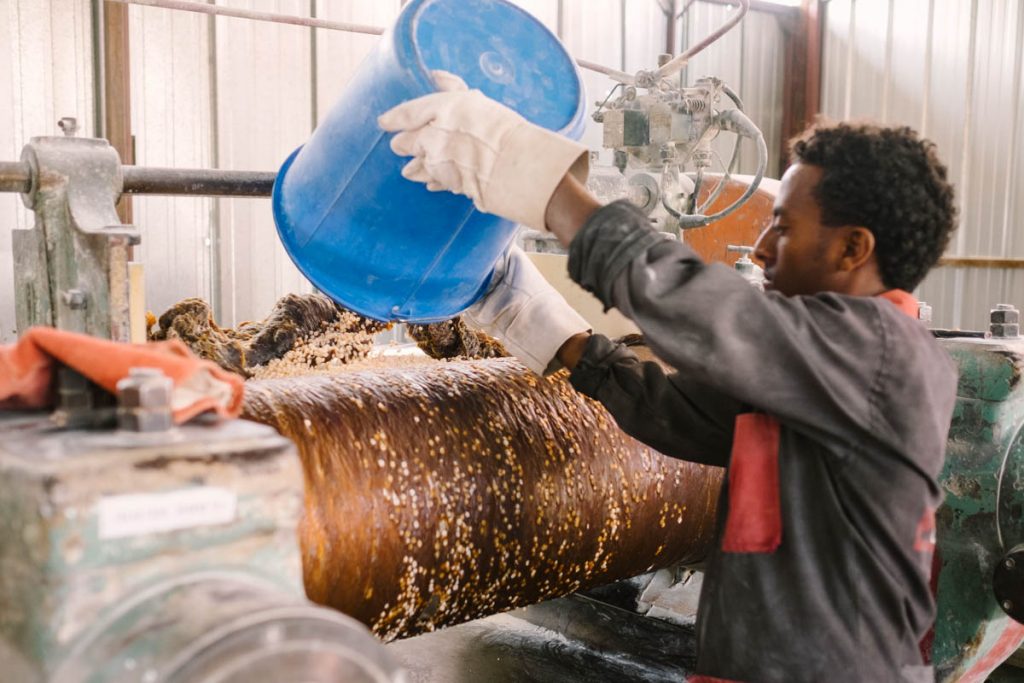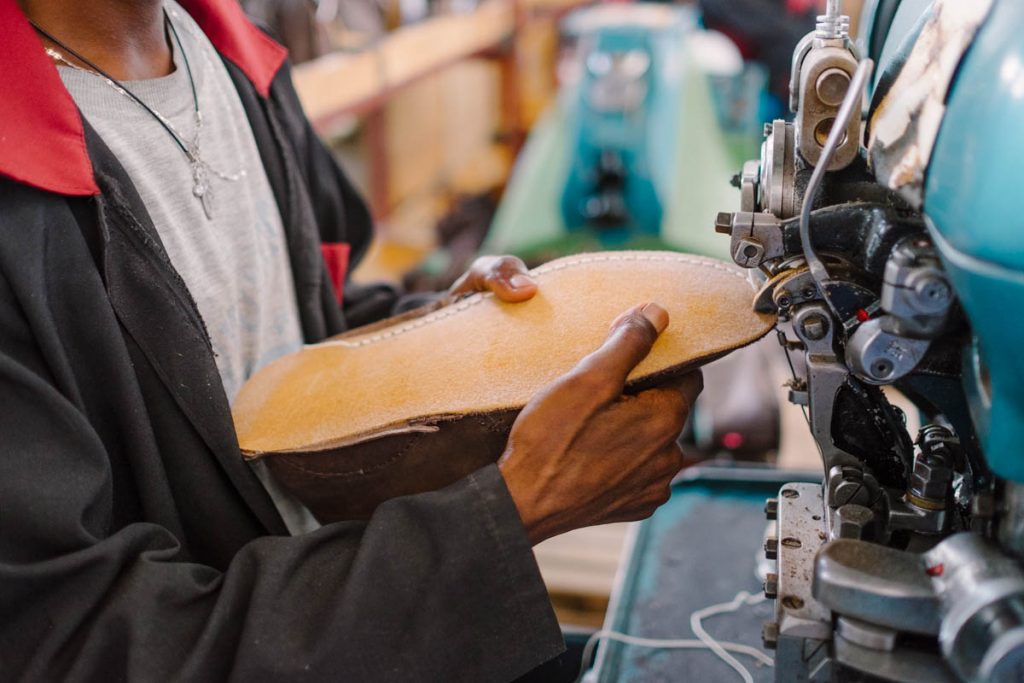October is Fair Trade month, and we wanted to highlight some of the positive benefits of Fair Trade principles to celebrate the continued advancement of this important movement.

In its simplest form, Fair Trade benefits the millions of hardworking artisans and farmers around the world who are moving towards being more connected to a global market.
In practice, these principles have numerous benefits, affecting economic, environmental and social improvement amongst the Fair Trade workers, and their communities as a whole.

Economic
In the economic sphere, Fair Trade is gradually empowering farmers and workers to form unions and collectives with the dual benefit of discouraging race-to-the-bottom pricing wars and to give workers collective bargaining rights to ensure they are treated with respect in the workplace, and paid to reflect that.
Fair Trade organizations are also instrumental in providing special training to help improve the quality of the goods produced, and offer a channel to premium markets around the world, which helps level trade imbalance around the world, and brings vital resources back to markets which in turn ensures sustainability.
The result of these factors mean that over time, the quality and quantity of the goods produced can continue to grow and diversify… as profits grow, newer specialized machinery can be invested in, which increases productivity and efficiency, greatly improving the output of a factory. These extra profits, through dedicated community funds allocated through proper Fair Trade Certification, then circulate throughout the local economy, improving the lives and futures of the entire community.

Environmental
Along with economic benefits, Fair Trade organizations around the world are tackling environmental issues that are inextricably linked with poverty and sustainable futures. To get Fair Trade certified, a company must also meet rigorous standards designed to ensure that a healthy environment is maintained, both for the longevity of sustainable farming and for the economic future of the next generation. Oliberté sources our leather from the best possible sources in Ethiopia to minimize discarded material, along with proudly operating a zero waste facility. In a more general sense, Fair Trade principles lead to natural forms of pesticide use for farming, which greatly improves the health of farmers and their communities, along with the quality of their products. Ultimately, Fair Trade farming practices will help reduce greenhouse emissions, which benefit everyone on Earth and ensure a sustainable future.

While the economic and environmental benefits of Fair Trade are often highly visible and measurable, a broader look at the communities affected reveal incredible improvements in the social sphere.

Social
Fair Trade jobs are a far cry from exploitative employment of the past, which gives each employee a sense of ownership and pride from their job, a feeling that spreads into every aspect of their lives. Fair Trade operations can also make huge strides in gender-equality, as many of the world’s most vulnerable workers are women. Fair Trade employment offers the opportunity for many mothers to put their children in provided daycare programs, allowing them to work and support themselves and their families comfortably. Children are then able to attend better schools for longer, which is the single biggest factor in their future opportunities and success.

Taken individually, these factors are a huge step in the right direction. Once combined, they represent the most direct and effective methods for empowering a community to reach its true potential. As consumers, we are ultimately the ones capable of effecting this change, as we hold tremendous sway over where our products come from, and how they are produced. Every day there are more Fair Trade options for our purchase, and more success stories as a direct result. Together, we can make the conditions of proper Fair Trade certification the new standard, and a brighter future for all.





